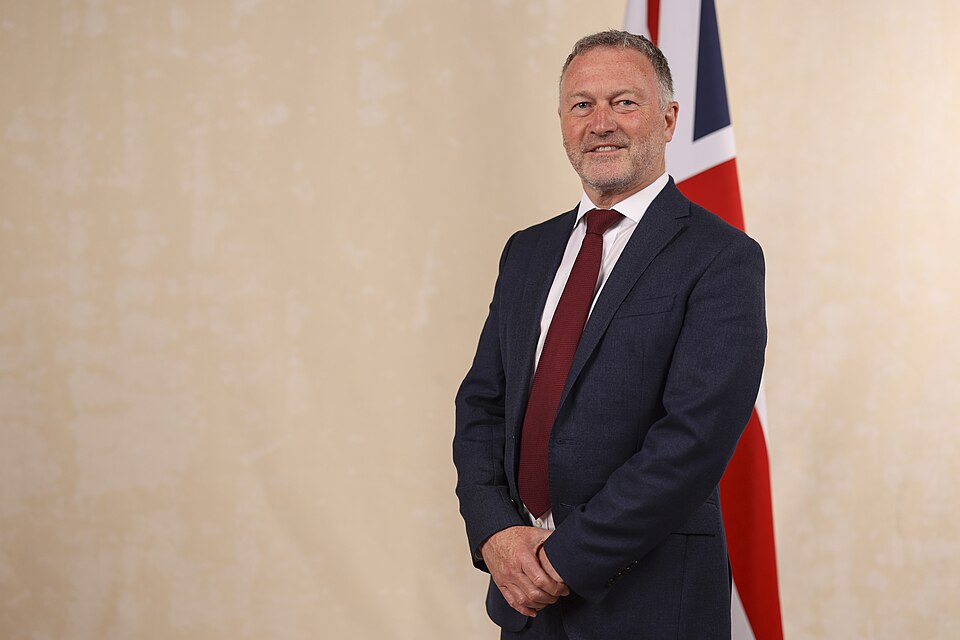
London Councils has welcomed fresh comments from Communities Secretary Steve Reed MP signalling support for giving local authorities greater powers to raise their own revenue.
Speaking before the Housing, Communities and Local Government Committee on Tuesday (11 November), Reed reaffirmed his commitment to devolution — including fiscal powers — and said he had made the case to the Treasury ahead of the forthcoming Budget.
The cross-party group representing the capital’s boroughs has long argued for wider local revenue-raising powers, warning that the current system leaves councils in financial peril. London Councils recently reported a £1 billion funding shortfall this year, with half of all boroughs potentially needing emergency support by 2028 to avoid bankruptcy.
According to the group, the local government finance system is “broken”, relying too heavily on council tax and central government grants.
One of London Councils’ key proposals is the introduction of an overnight tourism levy — a charge on hotels and short-term lets that could raise between £100 million and £500 million annually. The group says the funds, retained by boroughs and the Greater London Authority, would support local services and help manage the impact of tourism while driving growth.
Cllr Claire Holland, Chair of London Councils, said:
“We welcome the Secretary of State’s support for devolving more revenue-raising powers to the local level.
“Everyone knows the local government finance system is broken. Boroughs are almost entirely reliant on council tax and central government funding streams, with very limited ability to shape our own financial destiny. This does not work well for anybody. More than a decade of structural underfunding has undermined our ability to sustain local services and make faster progress on priorities such as building affordable homes and generating economic growth.
“Boroughs need far more financial autonomy, in line with the powers and resources available to local government in other countries. An overnight accommodation levy – jointly administered by boroughs and the Mayor – would be one example of this. This could help provide boroughs with resources they need to ensure local services are equipped to manage the impacts of tourism and invest in growth.
“The upcoming Budget is an opportunity for action. Empowering councils with new financial powers is crucial for addressing the current funding crisis and for enabling us to invest locally in growth-boosting measures.”
London Councils previously took part in the 2017 London Finance Commission, which recommended that government work with boroughs and City Hall to explore a tourism levy.
Beyond that, the group is also calling for wider fiscal reforms — including full retention of business rates growth, devolution of Vehicle Excise Duty and the Growth and Skills Levy, and assigning a share of national taxes such as income tax and VAT to local government.
It argues such measures would give boroughs stronger incentives to foster local economic growth while creating a more sustainable funding model for the capital’s services. Photo by Lauren Hurley / No 10 Downing Street, Wikimedia commons.






































